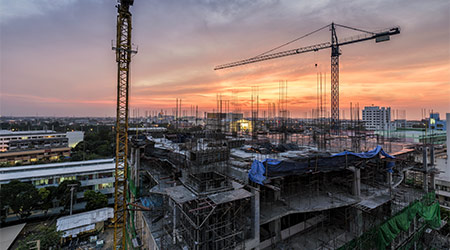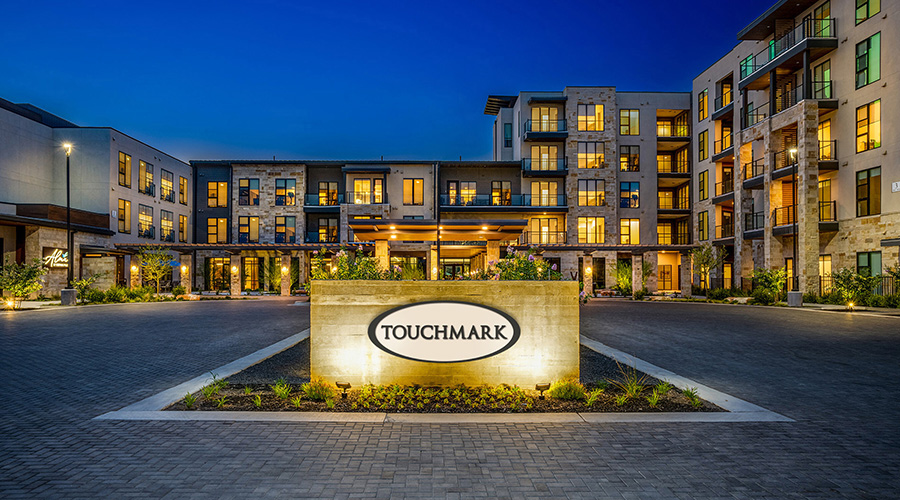Healthcare construction has seen its share of change. From new materials and technology to updated standards, the industry has constantly evolved. The latest trend, modular construction, seems as though it’s here to stay, according to Healthcare Construction+Operations.
Modular construction is the process of constructing a building off-site through the use of modules and fitting them together in a pre-planned order at the job site. The Modular Building Institute further defines the process as construction “under controlled plant conditions, using the same materials and designing to the same codes and standards as conventionally built facilities, but in about half the time.”
As with any other practice, the process has advantages and challenges. Consider the time element. One of the most common phrases in modular construction is speed to market. Modular construction cuts down on the time needed to build a facility, meaning more patients can be admitted faster. Though modular and regular construction processes each start with a detailed design, permit approvals and groundbreaking, modular construction soon pulls ahead. As the foundation and excavation is taking place at the job site, the modular facility is being built in an off-site factory at the exact same time.
But transportation can present challenges. Since modular construction happens off-site, the modules must be carefully transported directly to the job site. Transportation requires delicate care, as one mishap in transit can result in significant repairs.
Click here to read the article.

 Building Sustainable Healthcare for an Aging Population
Building Sustainable Healthcare for an Aging Population Froedtert ThedaCare Announces Opening of ThedaCare Medical Center-Oshkosh
Froedtert ThedaCare Announces Opening of ThedaCare Medical Center-Oshkosh Touchmark Acquires The Hacienda at Georgetown Senior Living Facility
Touchmark Acquires The Hacienda at Georgetown Senior Living Facility Contaminants Under Foot: A Closer Look at Patient Room Floors
Contaminants Under Foot: A Closer Look at Patient Room Floors Power Outages Largely Driven by Extreme Weather Events
Power Outages Largely Driven by Extreme Weather Events